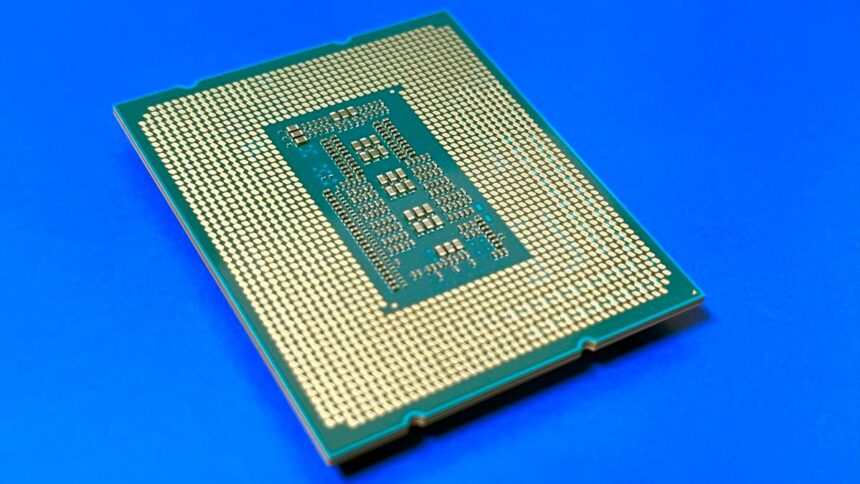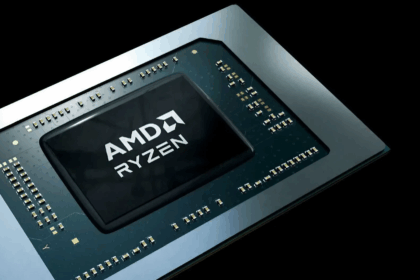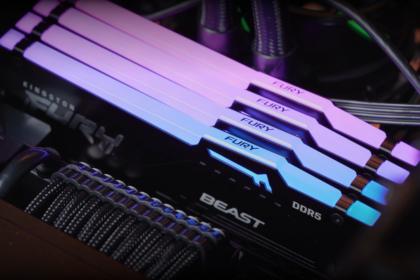Intel recently explained the instability issues affecting its 13th and 14th generation CPUs, specifically identifying the root causes behind the “Vmin Shift Instability” problem. This instability has been causing processors from the Raptor Lake and Raptor Lake Refresh families to operate at dangerously high voltages, which leads to premature wear and can even result in the CPUs burning out.
In its report, Intel attributed the issue to the clock tree circuit within the artificial intelligence core of these processors. Under high voltage and temperature conditions, this component becomes prone to failure, affecting the CPU’s overall stability. Intel also outlined four specific circumstances where these errors occur:
- Power Profile Exceeding Recommendations: Some motherboards run power profiles that exceed Intel’s recommended limits, causing Vmin Shift. Intel advises users to stick to default settings to avoid this issue.
- Thermal Velocity Boost Microcode Issue: Previously, some Intel Core i9 CPUs from the 13th and 14th generations could maintain high performance even at elevated temperatures, accelerating component wear and increasing the risk of overheating. This was addressed with the 0x125 microcode update released in June 2024.
- SVID Protocol Voltage Issue: The SVID CPU power control protocol occasionally required the CPU to operate at higher-than-normal voltage levels for extended periods, increasing the risk of instability. This problem was fixed with the 0x129 microcode update rolled out in August 2024.
- Unnecessary High Voltage During Low Activity: A flaw in the power management microcode and motherboard BIOS settings caused CPUs to run at higher voltages even during idle or light activity, unnecessarily stressing the CPU. This will be resolved with the upcoming 0x12B update, which is expected soon.
These fixes aim to address the root causes of instability and ensure that Intel’s high-end processors can perform reliably under normal operating conditions.
Does a new update impact CPU performance?
A common concern among users when Intel releases a microcode update is whether it might impact CPU performance. This concern is especially significant because the affected processors are high-performance models designed for optimal performance in gaming and demanding professional applications.
However, Intel has reassured users that none of the microcode updates have negatively affected CPU performance. As for the 0x12B microcode update, Intel’s team, Team Azul, is conducting internal testing and reports promising results.
In gaming performance tests, titles like Cyberpunk 2077 and Shadow of the Tomb Raider showed performance variations that were “within normal” ranges when compared to processors updated with the earlier 0x125 microcode.
Intel has also confirmed that it will work closely with partner motherboard manufacturers to ensure that the 0x12B microcode will be distributed efficiently and promptly through BIOS updates.
While testing is in advanced stages, Intel has yet to provide a specific release date for the final solution to these processor instability issues.
For now, Intel advises users of 13th or 14th-generation processors to update their motherboard’s BIOS and stick to the default Intel power consumption profile. If a CPU has already been damaged due to these issues, it cannot be repaired, and the only solution is to request a replacement through Intel’s RMA service.











